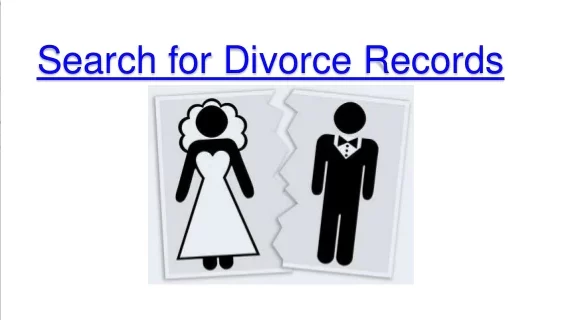
Divorce in Florida
Divorce, also known as “dissolution of marriage,” is a legal process in which a judge or other authority legally terminates a marriage, restoring them to the status of being single and permitting them to marry other individuals.
If you’re considering getting a divorce in Florida, there are a few things you should know. First and foremost, you need to have been a resident of the state for at least six months before you can file for divorce. Additionally, you’ll need to decide on grounds for divorce. In Florida, there are two grounds for divorce: no-fault and fault.
If you choose to file for a no-fault divorce, you simply need to state that the marriage is irretrievably broken and that there is no hope for reconciliation. Fault divorce, on the other hand, requires that one party prove that the other party is at fault for the breakdown of the marriage. The grounds for a fault divorce in Florida include adultery, abandonment, mental incapacity, and domestic violence.
Once you’ve decided on the grounds for your divorce, you’ll need to file a petition with the court. In your petition, you’ll need to state your name, your spouse’s name, and your grounds for divorce. If you have children, you’ll also need to include information about child custody and child support in your petition. After you’ve filed your petition, you’ll need to serve it on your spouse. Once your spouse has been served, they will have 20 days to respond.
If you and your spouse can reach an agreement on all of the terms of your divorce, then you may be able to file for an uncontested divorce. An uncontested divorce is a faster and less expensive option than a contested divorce. However, not all couples can reach an agreement on everything, in which case you’ll need to go through the contested divorce process.
During a contested divorce, each spouse will have the opportunity to present evidence and witnesses in support of their position. Once both sides have been heard, the court will decide on all of the issues in your divorce, including child custody, child support, alimony, and property division. It’s important to note that in Florida, all divorces are final after 30 days. This means that you won’t be able to change your mind after the divorce is finalized and try to get back together with your ex-spouse.
Property Division in Florida
- Community Property: In Florida, all property acquired during the marriage is considered community property and will be divided evenly between the spouses in a divorce.
- Equitable Distribution: If the court determines that dividing the property evenly would not be fair, then it may use a process called equitable distribution to divide the property in a way that is fair to both spouses.
Child Custody in Florida
- Shared Parenting: In Florida, child custody is based on the best interests of the child. The court will consider many factors when deciding but will always prioritize what is in the best interests of the child.
- Joint Custody: Joint custody means that both parents have equal rights and responsibilities for their child.
- Sole Custody: In some cases, the court may award sole custody to one parent. This means that only that parent has the right to make decisions about their child’s life.
Child Support in Florida
- Child Support Guidelines: In Florida, child support is calculated using a formula that takes into account the income of both parents and the number of overnight visits each parent has with the child.
- Enforcement: If a parent does not pay child support, there are several enforcement options available, including wage garnishment and interception of tax refunds.
Alimony in Florida
- Alimony Guidelines: There is no set formula for alimony in Florida, so the amount and duration of alimony will be decided on a case-by-case basis.
- Types of Alimony: Four types of alimony can be awarded in Florida: bridge-the-gap, durational, rehabilitative, and permanent.
- Modification: In most cases, alimony is modifiable, which means that it can be changed based on a change in circumstances.
If you’re considering getting a divorce in Florida, it’s important to speak with an experienced divorce attorney who can help you understand the process and ensure that your rights are protected.




